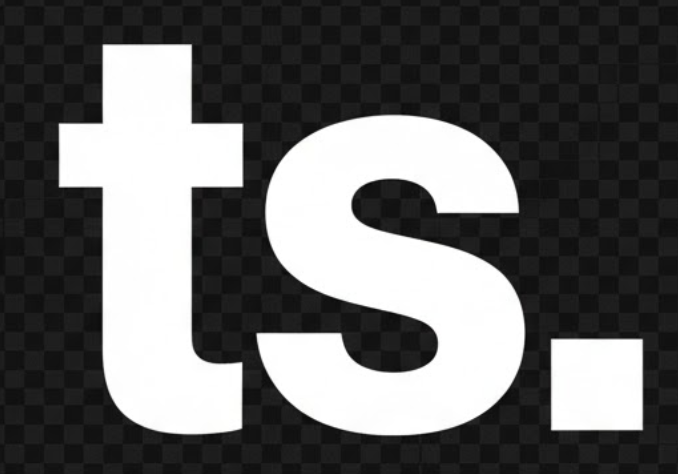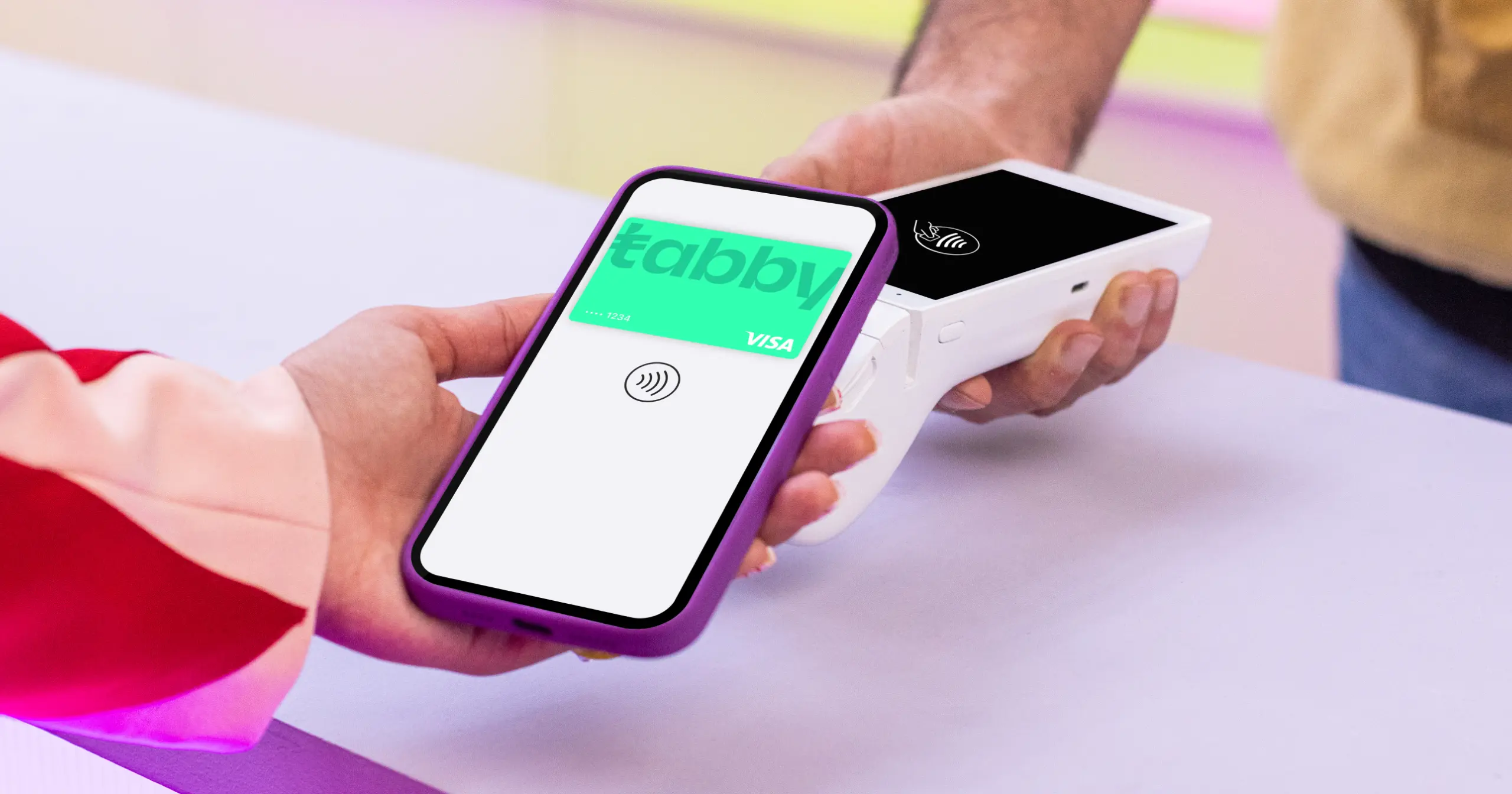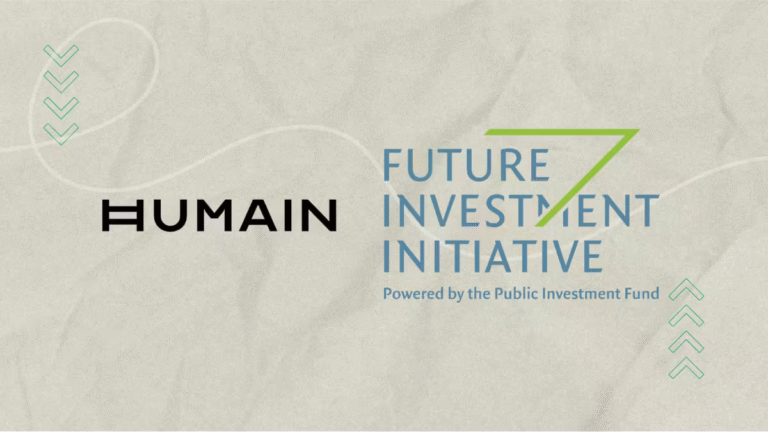Tabby has completed a secondary share sale, giving the Saudi-headquartered fintech an implied valuation of $4.5 billion, as existing shareholders sold part of their stakes to new investors including HSG and Boyu Capital, among others. The company said it did not issue new shares and no new capital was raised directly through the transaction, which provides liquidity for early backers ahead of a potential public listing.
The deal marks a major milestone for Tabby, which was founded in 2019 by Hosam Arab and has grown into one of the region’s largest buy now, pay later (BNPL) platforms. Operating across Saudi Arabia, the UAE, and other Gulf markets, the company partners with more than 40,000 merchant brands and serves millions of users who can split purchases into interest-free installments. Retailers use the platform to boost conversions and average order values, helping drive ecommerce adoption across the region.
The $4.5 billion valuation follows a funding round earlier this year that valued Tabby at $3.3 billion after raising $160 million, led by Wellington Management, Blue Abu Dhabi, and STV. The latest transaction pushes the company deeper into “mega-unicorn” territory, putting it among the most valuable fintechs in the Middle East, alongside players such as Tamara, MNT-Halan, and Egypt’s valU.
Tabby’s shift of its corporate headquarters from the UAE to Saudi Arabia earlier this year reflects the Kingdom’s growing role as a fintech hub under Vision 2030, which has driven reforms to attract startups and institutional investors into digital finance. The company has been signaling plans for an initial public offering within the next 12 to 18 months, likely on the Tadawul Exchange, as Saudi policymakers continue to open local markets to high-growth tech firms.
The BNPL model has gained global traction over the past few years, with pioneers such as Klarna in Europe and Affirm in the United States reaching multi-billion-dollar valuations. In the GCC, Tabby is widely viewed as the category leader, competing with Tamara, Spotii, and Postpay as consumers embrace digital payments and installment-based shopping. Analysts tracking regional capital markets note that secondary share sales like Tabby’s are increasingly used to create liquidity for investors while companies prepare for IPOs or strategic expansion.
According to MAGNiTT, the MENA fintech sector attracted more than $1.2 billion in venture funding in 2024, making it the region’s most active vertical by deal count. Saudi Arabia and the UAE accounted for nearly 70 percent of that total. The Kingdom’s fintech market alone is projected to reach $13 billion by 2030, driven by rising ecommerce penetration and open-banking initiatives led by the Saudi Central Bank (SAMA).
Tabby said it intends to use the momentum from this transaction to deepen its merchant partnerships, strengthen its consumer finance infrastructure, and explore adjacent financial services such as virtual cards and digital wallets. The company’s new $4.5 billion valuation underscores not only investor appetite for regional fintech assets but also the accelerating digital transformation across Gulf economies—a shift that is rapidly redefining how consumers shop, pay, and borrow across the Middle East.





Comments are closed.